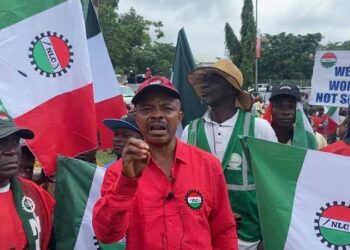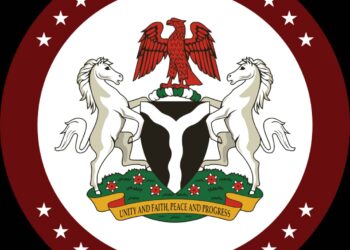The government of Japan has released the sum of USD 2.5 million towards funding the support programmes for the rehabilitation of victims of the Boko Haram insurgents in the Northeast states of Borno, Yobe and Adamawa. The UNDP Resident Representative, Edward Kallon, who dropped the hint said the humanitarian support will help in consolidating gains made so far in giving back hope to the ravaged communities in the region of the country, following Boko Haram activities.
“This support from the government of Japan will help consolidate gains made so far in giving back hope to communities and families whose coping mechanisms have been strained, nine years into the crisis,” he said. The UNDP resident representative, who is UN resident and humanitarian coordinator in Nigeria, added that there were still a lot of needs to be met in the region towards laying a solid foundation for development to take place again. “More partnerships and support will be needed to meet them,
” Kallon said. The ambassador of Japan to Nigeria, Sadanobu Kusaoke, reassured that the government of Japan will continue to support Nigerian people’s efforts aimed at restoring stability and livelihoods for the communities in the Northeast region.
The project will be implemented by UNDP to build on ongoing activities that the government of Japan has been supporting since 2015 which have facilitated the rehabilitation of 16 public infrastructure and provided emergency employment to more than 1,400 Internally Displaced People (IDPs) and returnees, he added.
In addition, more than 3000 farmers and over 700 small businesses have been supported with inputs and capital that helped improve and expand their sources of livelihood.
The funding from the government of Japan will be utilised within the framework of Integrated Community Stabilization Programme, which UNDP has been implementing in the region, intended to directly benefit 125,000 people in the three states. An additional one million people will indirectly benefit from interventions under the project that will be implemented through an integrated approach. The project’s goal is to support over 2,200 farmers, 500 small businesses, 5 community public infrastructures and provide emergency employment.



